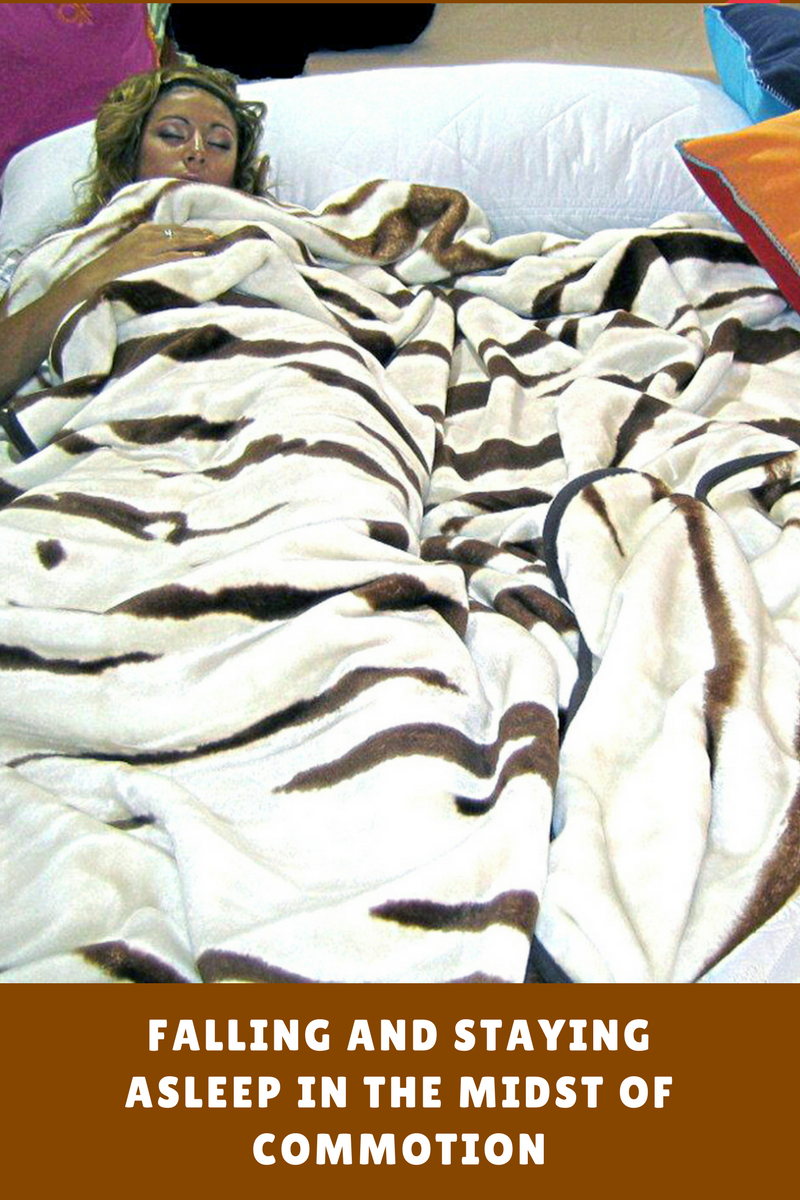Today, I’m sharing tips on how to get a good night’s sleep. Sleep is supposed to come as soon as your head hits the pillow, right? Not really. The average person spends between 10 and 20 minutes falling asleep after slipping into bed. If you find yourself wide awake for much longer than this, there’s probably a reason behind it.
Popping a pill to fall asleep is the easy solution. However, that doesn’t do anything to get to the bottom of why you’re having trouble falling asleep. Thankfully, there are several things you can do to encourage healthy sleep habits.

Here a few tips on how to get a good night’s sleep:
Make Sure You Have the Right Mattress
Your mattress matters more than you might think. And, no two styles are alike nor are they right for each sleeping style. If you tend to roll over onto your back or stomach or switch between the two, a firm surface is usually most comfortable. According to My Slumber Yard, a dense hybrid like the Dream Cloud is ideal. But, a firm mattress may not solve your sleep struggles if you are most at ease on your side. You might want to try a plush or pillowtop. Satvaa is an affordable option if your budget is a concern. Furthermore, both the Satvaa and the DreamCloud (along with most other mattress makers) offer a trial period.
Track Your Sleep Patterns
If changing your mattress doesn’t help, you may benefit from understanding how you sleep during the night. There are several apps that can help you do this without having to invest in a dedicated sleep tracking device. A few of these are:
- Sleep Time – This is a hands-off app that, once downloaded via the Google Play or Apple Store, can give you insight into how you sleep. It tracks your movements and gives you suggestions on the best time to go to bed and wake up.
- If you snore, you aren’t getting the most restful sleep possible. Use Snore Lab to determine if you snore and for easy-to-understand suggestions for relief based on your night time noise patterns.
- Headspace and Calm. Both of these apps are for meditation and work to put you in a better mental state before going to sleep. Headspace offers hundreds of different guided meditations while Calm offers you the option of listening to calming stories read by the most soothing voices of our generation (including Matthew McConaughey).

You can also use your phone to play soft music or white noise. You can purchase a white noise machine to help you get to sleep if outside noise keeps you distracted. However, keep in mind that many older phones won’t have the memory or battery life to keep up with your downloads. If your device loses power or freezes up overnight, look for more capable options.
There are dozens of factors that might inhibit you from getting the rest you need. However, your mattress is a likely culprit. Tracking your patterns can help you narrow it down even further. Both of these suggestions are easy to implement and are a healthy alternative to medication-induced sleep. Remember that insomnia is a serious problem, and if you can’t find relief, visit your doctor. They can help rule out any potential medical issue that needs attention, and give you additional tips on how to get a good night’s sleep.









